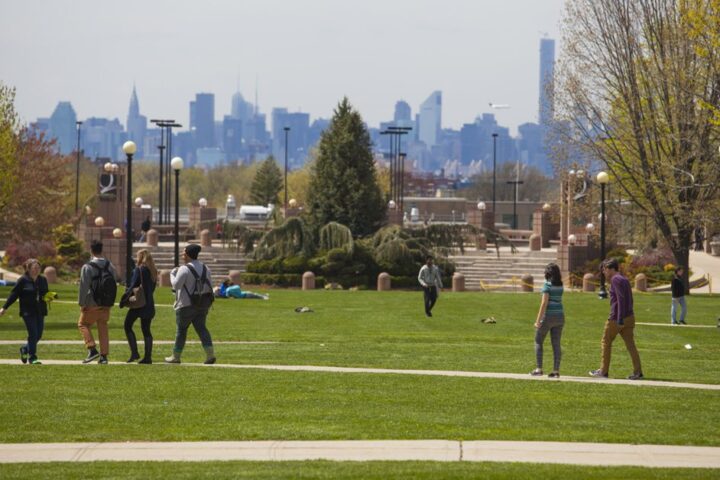In an era where voting was overemphasized due to many developments across the country, the take-home message was that we should all be paying more attention to our elected officials. For students this should start with the Student Government at Queens College (QC).
According to the Queens College website, “The Student Association (SA) is responsible for representing and uniting the members of the undergraduate and graduate student body to protect and promote your interests. The association acts on behalf of the student body through communication with the administration, staff, and faculty on matters of student concern.”
The Student Association (SA) President, Vice President, and senators in the Academic Senate are annually elected each year in the spring. This year’s elections received approximately 0.01% votes from a campus of approximately 20,000 students, according to the Academic Senate Elections Committee report dated May 2020. This minuscule amount of students participating in elections is dangerous, for several reasons.
First, the low voter turnout allows the Students Serving Students (SSS) party, the current reigning political party on campus, to consistently elect their preferred leaders each year. Given that nobody’s paying attention, they may very well just be nominating candidates for office that aren’t qualified.
Second, elected officials in the Academic Senate and SA have a lot of power on campus. Students duly elected to the Senate have the privilege of voting on new curriculum changes, as proposed to the Academic Senate by various departments around campus. This can mean changes to a major, new programs, removing certain classes, and so on.
SA wields considerable power as well, given that the QC administration fails to recognize other student groups on campus except for SA. The SA President serves as a mouthpiece for the student body. Additionally, the President, Vice President, and four of their committee chairmen serve on boards that control how student tuition money is spent (specifically student activity fees & other revenue).
Third, with unopposed elections, as the QC community has seen for the past two years, students are essentially promoting an oligarchy, where few individuals reign over the populace, instead of a democracy. It’s clear that over the years, SA has turned into an organization oriented towards event planning, as opposed to advocacy, which its roots lie in.
Lastly, if the reasons mentioned above weren’t convincing enough about the dangers of neglecting campus governance, SA leaders pay themselves stipends from student activity fees, which students pay as a part of their tuition. Tuition payers (i.e the student body) deserve to be fully aware of the actions of their government and should have a vested interest in what goes on.
If there’s one takeaway from this article, it’s that you ought to run for a seat in the academic senate or run for office as Student Association President or Vice President. Form a political party with like-minded peers and dare to take on the institutionalized hierarchies that have been built, which SA has now conformed itself to over the years.
Visit https://www.qc.cuny.edu/Academics/AcademicSenate/Pages/default.aspx to learn more about the academic senate
Visit https://bit.ly/3hsDnRt to learn more about the student association.














